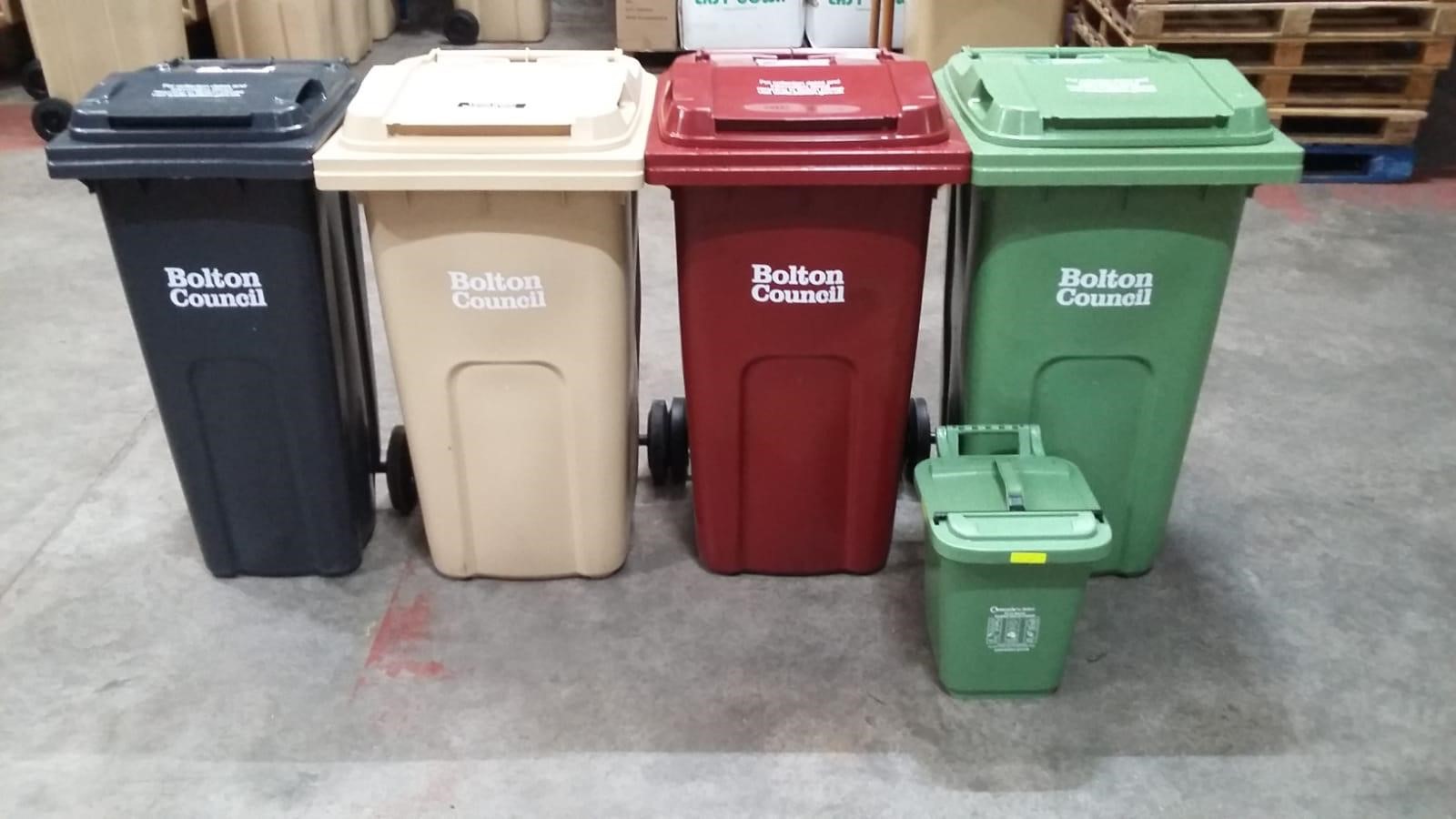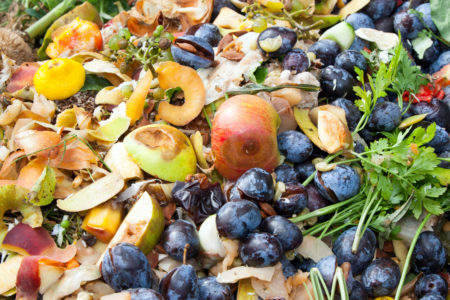In the report, the authority explained that based on the consultation response on Simpler Recycling, “the continuation of mixed garden and food waste collections will be permissible, subject to confirmation”.
The GMCA — which manages 1.1 million tonnes of municipal waste per year from over 1 million households across nine districts — added that it is now necessary to ensure that it has treatment capacity in place “for the long term for mixed garden and food waste collected by the districts”.
Subject to approval from the GMCA’s waste committee, two procurement exercises will be launched this year.
Firstly, it will run a procurement for a biowaste framework that runs from 2026 to 2029 with the ability to award call off contracts through to 2034 to for mixed garden and food waste for IVC treatment. This will be for around 200,000 tonnes per annum. Further call off contracts will also be awarded for 135,000 tonnes per year for the period 2026 to 2029. Suez will manage the remainder of the tonnage through its contract.
Secondly, the report proposed running a market testing exercise for expressions of interest in a design, build, finance, operate arrangement for 2 x 100,000 tonne treatment facilities with technology to be dry AD or IVC.
If there is a “positive, financially viable response”, then the GMCA will consider running a procurement process for the development of the 2 facilities in 2029.
The market testing exercise of dry AD/IVC treatment capacity would commence in April with submissions due in June.
Current arrangements

Currently, the GMCA offers a “mixed biowaste” (garden and food waste) collection from some households. The authority said this “forms an important part of the recycling
services provided by the authorities across Greater Manchester.”
The material collected is delivered to GMCA facilities for bulking up before being treated at contracted merchant facilities. Around 80,000 tonnes is managed by Suez, with the remainder through a framework of contractors.
The Suez biowaste treatment contract is part of the WRMS Contract with the initial term expiring in May 2026. The biowaste framework and current call off contracts expire in May 2026.
Strategy
The English Resources and Waste Strategy proposes that food waste should be collected separately from garden waste and on a weekly basis from 100% of households.
During the consultation processes, Defra requested waste disposal authorities to identify if separate food waste collections would impact upon residual waste disposal arrangements (see letsrecycle.com story).
Where this could be demonstrated, then the waste collection authorities were able to apply for Transitional Arrangements (TA) that would defer the requirement for weekly separate food waste collections, the GMCA outlined.
The nine districts which make up the GMCA are: Bolton, Bury, Manchester, Oldham, Rochdale, Salford, Stockport, Tameside and Trafford.
Bolton, Bury, Manchester, Oldham, Rochdale and Salford were granted a TA until 2034. This means that those six authorities do not need to change services to weekly or to provide 100% household coverage until 2034.
Stockport, Tameside and Trafford did not apply for TA, instead seeking to rely on TEEP to “enable them to continue to collect mixed garden and food waste, albeit they would have to provide a weekly service to 100% of households”.
Food Waste Conference
The future of food waste treatment capacity will be front and centre of the Food Waste Conference, taking place in London on 7 March. More information can be found here.











Subscribe for free